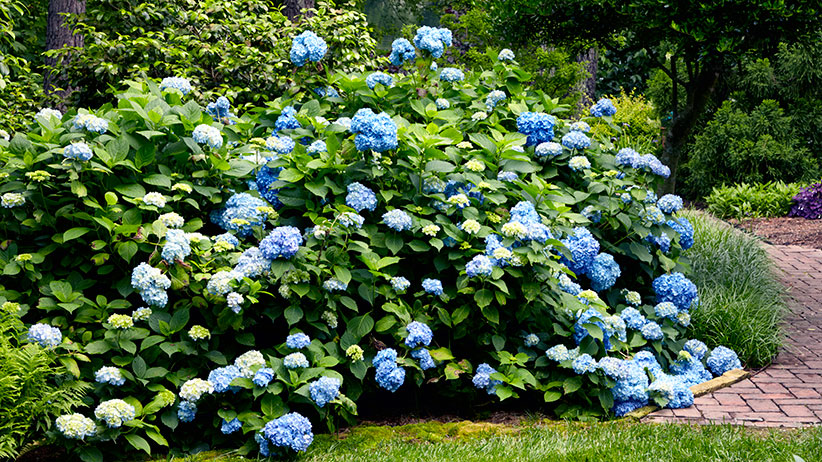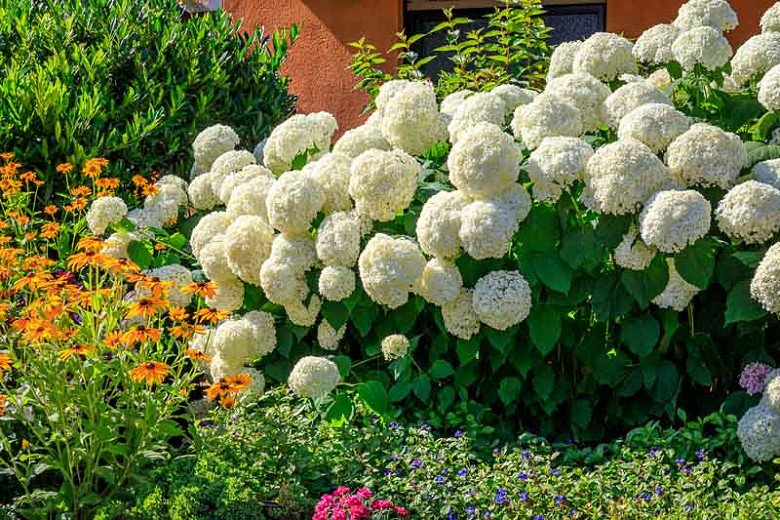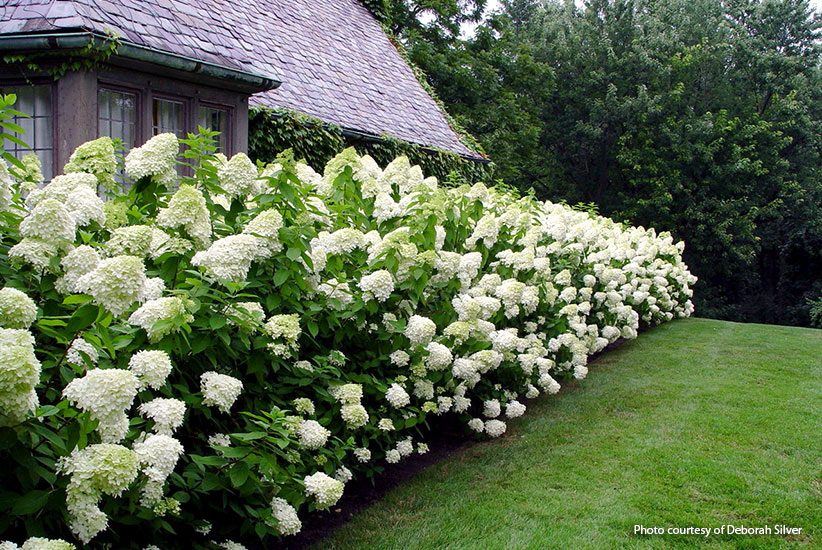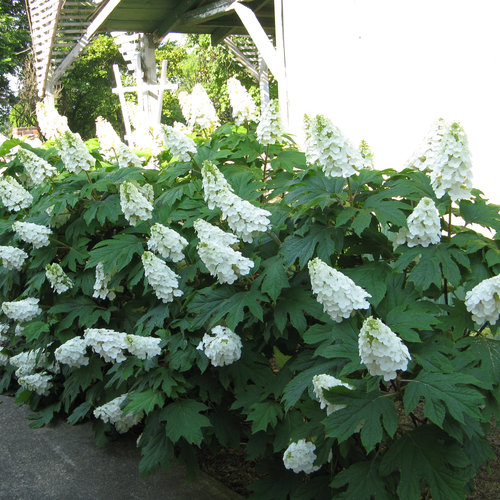Hydrangea Shrubs: The Ultimate Guide To Growing And Caring For These Beautiful Blooms
Hydrangea Shrubs: The Ultimate Guide to Growing and Caring for These Beautiful Blooms
Hydrangeas are some of the most popular flowering shrubs in the world. They are known for their large, showy blooms that come in a variety of colors. Hydrangeas are relatively easy to grow, but they do require some special care. In this guide, we will discuss everything you need to know about growing and caring for hydrangea shrubs.
Choosing the right hydrangea
There are many different types of hydrangeas, so it is important to choose the right one for your garden. Some factors to consider include the size of the shrub, the color of the blooms, and the amount of sun and shade the plant will receive.
Here are some of the most popular types of hydrangeas:
- Bigleaf hydrangeas (Hydrangea macrophylla) are the most common type of hydrangea. They have large, showy blooms that come in a variety of colors, including blue, pink, and white. Bigleaf hydrangeas prefer partial shade and moist, well-drained soil.

- Smooth hydrangeas (Hydrangea arborescens) are smaller than bigleaf hydrangeas, but they are just as beautiful. They have white or pink blooms that appear in late spring or early summer. Smooth hydrangeas prefer full sun and well-drained soil.

- Panicle hydrangeas (Hydrangea paniculata) are known for their large, cone-shaped blooms. They come in a variety of colors, including white, pink, and purple. Panicle hydrangeas prefer full sun and well-drained soil.

- Mophead hydrangeas (Hydrangea macrophylla) are a type of bigleaf hydrangea that has large, round blooms. They come in a variety of colors, including blue, pink, and white. Mophead hydrangeas prefer partial shade and moist, well-drained soil.
Planting hydrangeas
The best time to plant hydrangeas is in the spring or fall. When planting, choose a location that receives partial shade or full sun. Hydrangeas prefer moist, well-drained soil. If your soil is sandy, you will need to add some organic matter, such as compost or peat moss.
To plant a hydrangea, dig a hole that is twice as wide and as deep as the root ball. Place the root ball in the hole and backfill with soil. Water the plant thoroughly.
Caring for hydrangeas
Hydrangeas are relatively easy to care for. They need regular watering, especially during the summer months. You should also fertilize hydrangeas in the spring and fall. Use a balanced fertilizer, such as 10-10-10.
Hydrangeas are susceptible to a few diseases, such as powdery mildew and leaf spot. If you notice any signs of disease, treat the plant with a fungicide.
Pruning hydrangeas
Hydrangeas do not need to be pruned often. However, you should deadhead the flowers in the fall to encourage new growth. You can also prune hydrangeas in the spring to shape the plant.
Enjoying your hydrangeas
Hydrangeas are a beautiful addition to any garden. They are easy to care for and they will provide you with years of enjoyment.
Hydrangea shrubs are beautiful and versatile plants that can add a touch of elegance to any garden. They come in a variety of colors, from white to pink to blue, and can be grown in a variety of conditions. If you're thinking about adding hydrangeas to your garden, I recommend visiting . This website has a wealth of information about hydrangeas, including how to choose the right type for your garden, how to plant and care for them, and how to troubleshoot common problems.
In addition to its informative articles, also has a beautiful photo gallery of hydrangeas in bloom. This is a great resource for inspiration if you're looking for ideas for your own garden.
So whether you're a beginner or a seasoned gardener, is a great resource for all things hydrangea. I highly recommend checking it out!
FAQ of hydrangea shrub
1. What are the different types of hydrangea shrubs?
There are six main types of hydrangea shrubs:
- Bigleaf hydrangeas (Hydrangea macrophylla) are the most popular type of hydrangea. They have large, showy flowers that can be blue, pink, or purple, depending on the soil pH.

- Panicle hydrangeas (Hydrangea paniculata) are known for their large, cone-shaped flowers. They can be white, pink, or blue, and they bloom in late summer or early fall.

- Smooth hydrangeas (Hydrangea arborescens) are a hardy type of hydrangea that is native to North America. They have small, white flowers that bloom in early summer.

- Climbing hydrangeas (Hydrangea anomala ssp. petiolaris) are a type of hydrangea that can climb trees or walls. They have small, white flowers that bloom in early summer.

- Oakleaf hydrangeas (Hydrangea quercifolia) are a type of hydrangea that has leaves that resemble oak leaves. They have small, white flowers that bloom in early summer.

2. What is the best time to plant hydrangea shrubs?
The best time to plant hydrangea shrubs is in the spring or fall. If you plant them in the spring, they will have time to establish their roots before the hot summer weather. If you plant them in the fall, they will have time to get settled in before the winter.
3. How much sun do hydrangea shrubs need?
Most hydrangea shrubs prefer partial shade. They can tolerate full sun in some cases, but they may not bloom as well. If you live in a hot climate, it is best to plant hydrangeas in a location that gets some afternoon shade.
4. What kind of soil do hydrangea shrubs need?
Hydrangea shrubs need moist, well-drained soil. They do not like to sit in water, so it is important to plant them in a location that has good drainage. You can improve the drainage of your soil by adding compost or sand.
5. How do I care for hydrangea shrubs?
Hydrangea shrubs are relatively easy to care for. They need regular watering, especially during the summer months. You should also fertilize them once a year in the spring. In addition, you should prune them in the spring to remove dead or diseased branches.
Post a Comment for "Hydrangea Shrubs: The Ultimate Guide To Growing And Caring For These Beautiful Blooms"